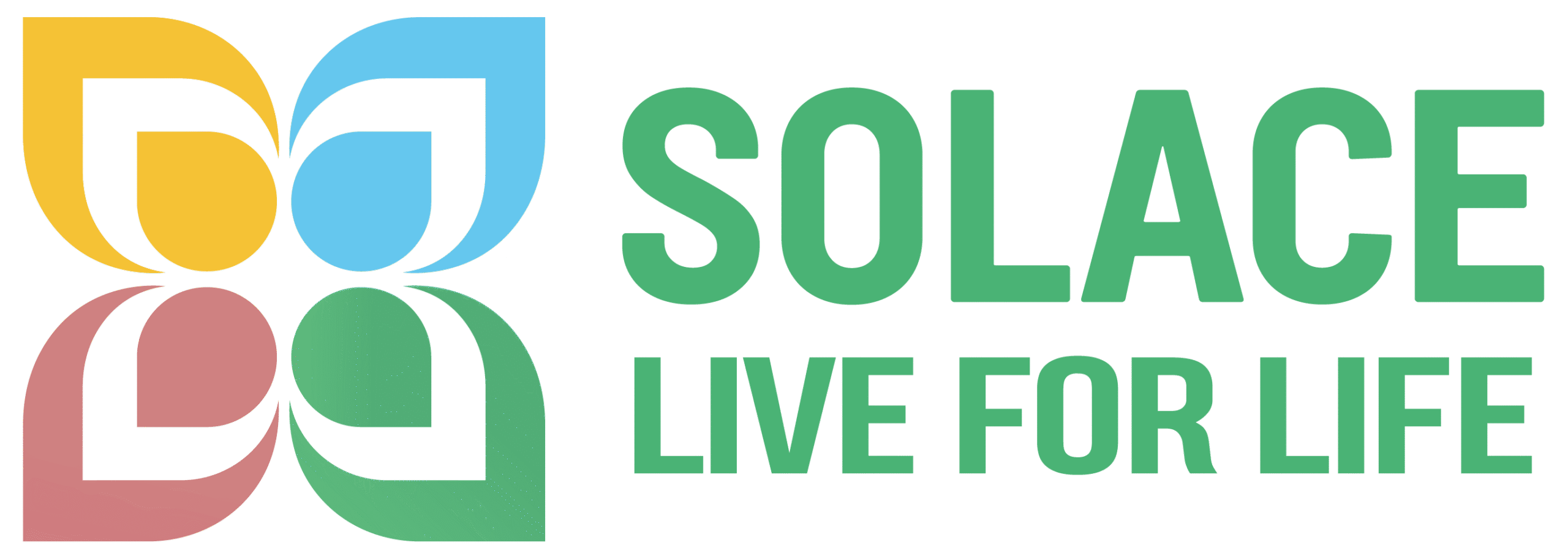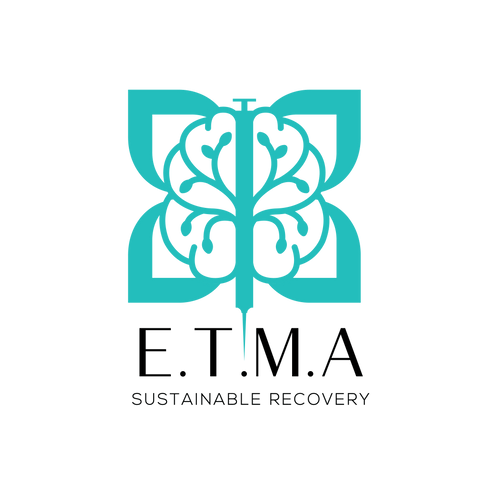DRY DRUNK SYNDROME / WHITE KNUCKLE SOBRIETY


What is Dry Drunk Syndrome (DDS)
Causes and Symptoms of “Dry Drunkenness”
Dry Drunk Syndrome’s Impact on Recovery
Strategies to manage DDS
Where Can I Start?
In this article, we’ll explore ‘Dry Drunk Syndrome'(also referred to as White Knuckle Sobriety) a crucial concept for those on the recovery journey from addiction. We’ll explain what it is, highlight its causes and signs, discuss its impact on recovery, and provide practical strategies for managing it. Whether you’re a patient, a caregiver, or a health professional, this guide will offer useful insights into this often misunderstood part of recovery.
What is Dry Drunk Syndrome (DDS)
“Dry drunk syndrome” refers to a state in which individuals, though sober from alcohol, drugs, or other addictions, lack enthusiasm for their recovery. This term was first introduced by Alcoholics Anonymous (AA) to describe individuals who, although abstinent, maintained such negative attitudes that they seemed almost more tolerable when inebriated. There is ongoing debate on whether the term represents a legitimate syndrome or simply a derogatory label used to reprimand those who don’t fully commit to their recovery program.
In certain contexts, this perspective may hold validity; however, the occurrence of this condition remains a legitimate concern within recovery communities, particularly for those in the early stages of sobriety when the symptoms can be most acute. After experiencing the liberating highs of sobriety and freedom from addiction’s consequences, life’s challenges can press upon the recovering addict. A robust recovery program equipped with support, therapy, and strong resolve can help manage these difficult periods.
Nonetheless, many individuals in the initial phases of sobriety may neglect these tools, reverting to their pre-recovery addictive personalities that persist even after overcoming addiction. Although the addiction itself may have been curbed, the driving personality traits endure, posing a significant risk. If this behavior pattern is adopted, relapse becomes almost inevitable unless intervention through recovery tools occurs. So, while “dry drunk syndrome” might not be officially recognized medically, its prevalence in early recovery mandates serious consideration from both those recovering from addiction and their therapists.
Causes and Symptoms of “Dry Drunkenness”
The terms “dry drunk” and “white-knuckle” sobriety essentially denote the same condition, each referring to a state of discomfort or discontent within recovery. Here are several examples illustrating how this state manifests in individuals undergoing recovery from addiction:
- Anger at recovery: ‘Dry Drunks’ may struggle with unresolved anger, blaming others for their inability to use or drink freely. They often carry heavy resentments and find fault with every challenging aspect of their life.
- Impulsivity: These individuals act impulsively, frequently putting their recovery at risk due to lack of planning or disregard for potential hazards.
- Magical Thinking: They may falsely believe they can engage in old addictive behaviors without harm, assuming their sobriety period makes them immune to addiction’s risks.
- Euphoric Recall: ‘Dry Drunks’ tend to remember only the positive aspects of their addiction, conveniently forgetting the negative outcomes that drove them to recovery.
- Negativity: Pervasive negativity is common, as they may struggle to find a new source of satisfaction outside their addiction.
- Isolation: ‘Dry Drunks’ often isolate themselves, asserting their uniqueness as a justification for special treatment, and pushing away those who challenge them to improve their life in recovery.
Dry Drunk Syndrome’s Impact on Recovery
Dry Drunk Syndrome (DDS) can significantly hinder the recovery journey of individuals dealing with addiction. It adds an extra layer of complexity to an already challenging process, potentially derailing the strides made towards recovery. Individuals affected by DDS, while technically sober, may still exhibit behavioral patterns and mindsets akin to those during their active addiction. These residual habits and attitudes can breed discontent and unease, potentially triggering relapse. Moreover, DDS can lead to disillusionment with the recovery process, generating a false narrative that sobriety is unfulfilling or punishing. Consequently, the individual’s commitment to recovery may waver, risking the progress achieved so far. Therefore, addressing and managing DDS is of utmost importance in ensuring a successful and sustainable recovery.
Strategies to manage DDS
We are not in the business of giving you or your loved symptoms without having a bag of solutions to overcome them. That would be pointless and feed the argument that this is not such an important issue in early recovery. First of all, if you or your loved one portray such signs as listed above, see them as warning signs that a relapse is nearing and act contrarily to the above. For instance, if a bout of “euphoric recall” has consumed your moment in sobriety, watch the urge, accept it, and then do something constructive with it such as working out at the gym. Below are solutions to fix this state of dissatisfied recovery known as “dry drunkenness” and maintain your aftercare journey
- Talking with others: Engaging in conversations can help distract from troublesome thoughts, providing a pleasant, stimulating activity that can alleviate momentary challenges.
- Meetings: Attending support group meetings like 12-steps or SMART recovery helps in offloading difficult emotions and providing hope through shared experiences of successful recovery.
- Therapies: Different therapeutic approaches like CBT, DBT, or ACT can help address present issues and promote the peace of mind necessary for continual growth during recovery.
- Living a structured and meaningful life: Filling life with meaningful, structured activities that align with one’s values and goals makes recovery more appealing than the chaos of active addiction.
- Taking responsibility for one’s life: While active addiction might be beyond our control, in recovery, we have the power and responsibility to manage our actions, behaviors, and attitudes, stepping away from victimhood and embracing assertiveness and mindfulness to protect our recovery.
Where Can I Start?
If you or your loved one are experiencing a slip in the program of recovery, contact us at Solace Sabah. Even if you’ve been in treatment before, it may be due time to get a top-up or re-fill treatment to maintain certain loose knots in you or your loved one’s program. Here, we Implemet a sustainable recovery plan that keeps you on track. We will teach you or your loved one that sobriety and recovery are life-long processes, which need fine-tuning at times to work.
Dry-drunkenness is just a sign that one has resigned to a life unworthy of living; and the questions that needs asking herein – what is it about this new life that can be worth living? What opportunities do I have now that I’m sober? Who do I want to be? What is stopping me from reaching my true potential? What are the solutions to those blockages in life? And finally: am I living for life or is life living for me? If the answer to the last question is the former, then, you are assured of being on the way to a spectacular future!

